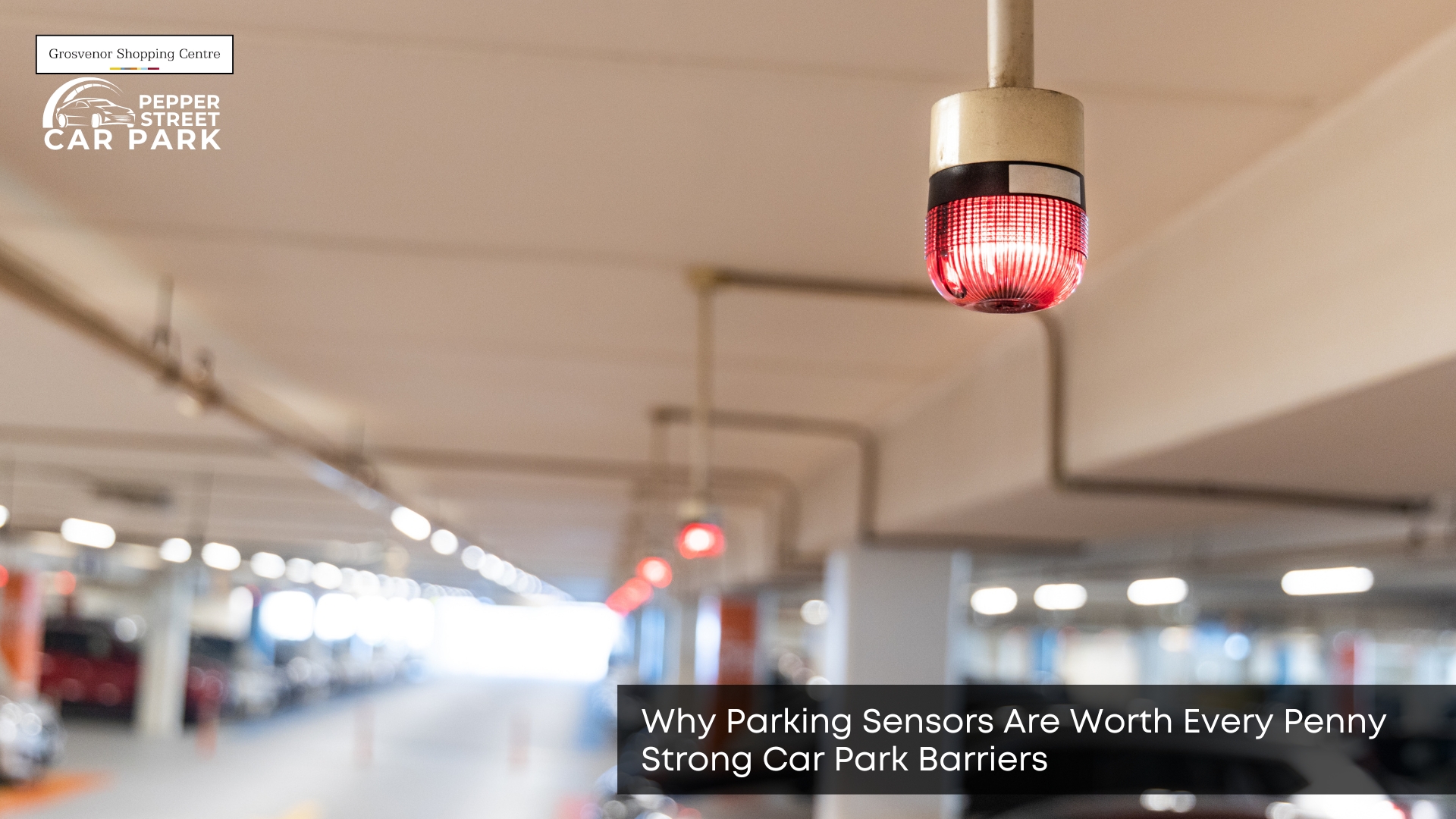Parking can be one of the most stressful aspects of driving, especially in tight spaces or busy parking lots. A small misjudgment can lead to dents, scratches or costly repairs. That’s where parking sensors come in. These smart tools help drivers avoid accidents and park with ease, whether you’re in a car, van or SUV. In this article, we’ll explain why parking sensors are more than just a gadget and why they’re truly worth every penny.
What Are Parking Sensors and How Do They Work?
Parking sensors are small electronic devices that help detect obstacles around your car when you park. They use ultrasonic or electromagnetic signals to measure the distance between your vehicle and nearby objects. When something is too close, the system beeps or shows a visual alert to warn the driver. Most sensors are placed in the front or rear bumpers for better parking awareness. Once you understand how they function, it becomes clearer why they help prevent accidents.
Do Parking Sensors Help Prevent Accidents?
Yes, parking sensors help prevent accidents by warning you before you hit an obstacle. They are especially useful when reversing or parking in tight spaces where vision is limited. A reverse parking aid can stop minor bumps that lead to costly repairs and insurance claims. These sensors protect both your car and anything nearby, including people or other vehicles. This level of safety also boosts your confidence behind the wheel.
Are Parking Sensors Useful for Tight Spaces?
Yes, parking sensors are very helpful in tight parking spaces where every inch counts. They guide you into narrow bays without scraping the wall, a kerb or another car. In city centres or busy car parks, space is often limited, and sensors reduce the stress of squeezing in. Drivers can rely on clear beeps or dashboard displays instead of just mirrors and guesswork. This benefit adds to the sense of control that many drivers seek.
Can Sensors Improve Your Driving Confidence?
Yes, parking sensors enhance driving confidence by providing real-time feedback and reducing the fear of making mistakes. Many drivers feel nervous about reversing, especially in crowded or unfamiliar areas. With a car sensor system in place, they get more support and fewer surprises. This helps drivers of all skill levels park smoothly and safely. When you park with ease, you’re more likely to keep your vehicle in top condition over time.
Do Parking Sensors Save You Money in the Long Run?
Yes, parking sensors can save money by avoiding costly bumps, dents and insurance excess fees. Even a small scratch from a low post or bollard can lead to expensive bodywork repairs. Avoiding these mistakes means fewer trips to the garage and less wear on your car’s paintwork. You also avoid rising premiums from repeat insurance claims. These savings alone make the small upfront cost worthwhile.
Are Parking Sensors Suitable for All Vehicles?
Yes, parking sensors can be fitted to almost any vehicle, from small hatchbacks to large vans. Many new cars come with sensors already installed, but older models can easily have them added as well. Whether you drive in town or park in tight home driveways, sensors make a difference. Fleet vehicles, delivery vans and even caravans often use sensors to protect their vehicles and cargo. With such wide use, it’s easy to see why they’ve become a popular upgrade.
How Easy Is It to Install Parking Sensors?
Installing parking sensors is fairly simple and can be done professionally or with a DIY kit. Most systems require drilling into the bumper and connecting to your vehicle’s reverse light system. Some newer models offer wireless options that are quicker to set up. Many garages and mobile installers offer the service at an affordable price. The simplicity of fitting means you can enjoy the benefits without much delay.
Can Parking Sensors Operate in Poor Weather Conditions?
Yes, most modern parking sensors work well in rain, snow or fog. They are designed to withstand harsh weather conditions while still issuing accurate warnings. Water or ice may slightly reduce sensitivity, but they still perform better than relying on eyesight alone. Good visibility and accurate sensor response are essential, especially in places offering 24 hour parking access where lighting or weather may vary. Keeping your sensors clean ensures they continue to function properly. Knowing they work through the seasons adds to their reliability and value.
Do They Add Value When Selling Your Car?
Yes, parking sensors can add value and make your car more appealing to buyers. Many people prefer vehicles with extra safety features, and sensors are often at the top of their wish list. Used cars with factory-fitted or well-installed sensors may sell faster and at a higher price. Small safety additions like sensors or car park bollards show buyers the vehicle was well cared for in every setting. It’s a simple feature that gives your car a modern, practical edge. Buyers are also reassured when they know the car has been protected from small knocks.
Are There Different Types of Parking Sensors?
Yes, there are different types of parking sensors, including ultrasonic, electromagnetic and camera-assisted systems. Ultrasonic sensors are the most common, emitting beeping alerts as you approach an object. Electromagnetic sensors use a magnetic field and are often easier to install without drilling. Some systems include rear-view cameras for visual help. Knowing the options makes it easier to pick the right one for your driving style.
Why Parking Sensors Are a Smart Investment
Parking sensors are a smart investment because they protect your car, build confidence and reduce long-term costs. They improve parking safety in all conditions and make driving more enjoyable. Whether parking near busy roads or in tight city zones, car park Chester spaces with clear markings and features like sensors offer daily peace of mind. With so many cars using them today, they’re no longer a luxury but a sensible upgrade. If you care about safety and saving money, parking sensors truly are worth every penny.


Leave a Reply